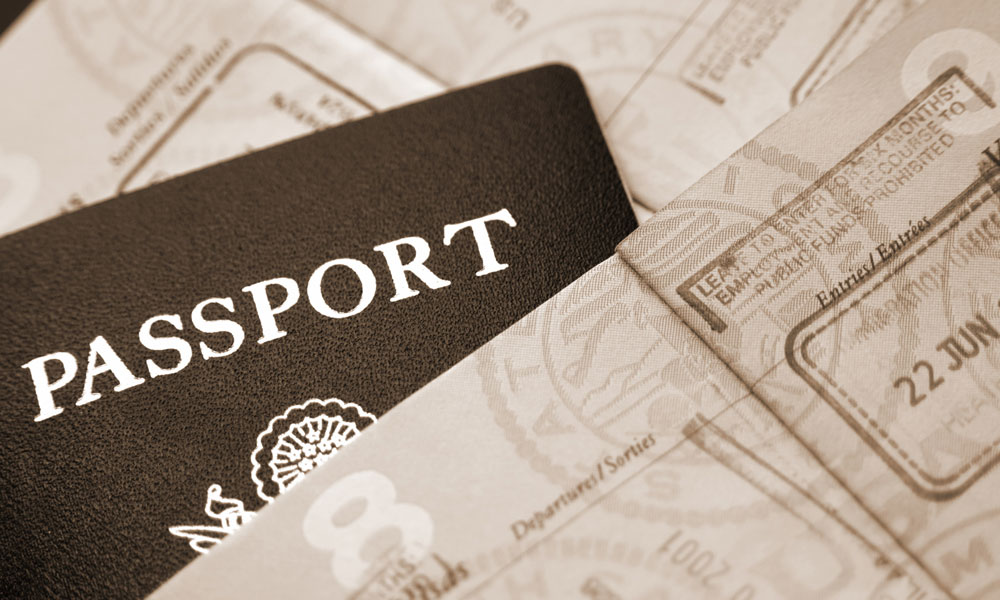
High-Skilled Foreign Worker Visas Getting Hard to Come By
The Department of Homeland Security expects requests for visas for high-skilled foreign workers to exceed those available in just a matter of days. What does it mean for technology companies and immigration reform?
Editor’s note: Please see update at bottom of story.
Technology companies could get a big boost to their congressional lobbying efforts on immigration reform if projections by the Department of Homeland Security are accurate.
It will be a frenzy, because the cap … is nowhere near high enough to meet demand.
The DHS expects applications for high-skilled immigration visas to exceed the available supply in just a matter of days, according to an Associated Press report.
The rush for applications is the result of an improving U.S. economy and congressional plans to increase the number of visas available to foreign workers with tech expertise.
“It will be a frenzy, because the cap … is nowhere near high enough to meet demand,” said Robert Holleyman, president and CEO of the Software Alliance, a trade group for technology companies, in the AP report.
The request process for company’s seeking H-1B visas for the 2014 budget year started Monday, and they will be accepted through at least Friday. Should the petitions outpace availability in the first week, U.S. Citizenship and Immigration Services will hold a lottery, for the first time since 2008, to pick which companies get visas to award prospective employees.
President Obama was applauded by tech companies for mentioning the need for high-skilled immigrants in his Inaugural Address. Companies like Apple, Google, and Microsoft have pushed for an increase in the number of visas to foreign-born graduates if U.S. universities continue to lag in fields like engineering, math, and science.
On top of the 65,000 visas awarded to companies looking to hire high-skilled foreign workers, 20,000 more are given to immigrants who have earned a master’s or another advanced degree from a U.S. university.
“The current numbers are outdated and don’t take into account all of the innovation and technology that’s occurred over the last twenty years,” said Jessica Herrera-Flanigan, a partner at Monument Policy Group, in a blog on The Hill. “Basically we have an arbitrary number that’s not aligned in any fashion to our country’s need for labor requirements.”
The move to raise the cap on the number of visas doesn’t have universal support, according to that blog report. The IEEE-USA, a lobbying group supporting technical professionals, says that the current immigration policy has been “abused by IT services companies focused on off-shoring jobs abroad or businesses that seek to bypass hiring American workers,” and the cap should not be raised.
However, business and government officials are hoping that this week’s race for these visas will prompt congressional action on immigration reform.
“Once Congress comes back next week,” said Neil Ruiz, an associate fellow at the Brookings Institution’s Metropolitan Policy Program, in the AP report. “They will say, ‘Ah-ha, we need this, and we need to do this now.'”
How would the business or industry your association represents be affected by a change in the current immigration policy? Give us your thoughts in the comment section.
Update: On Friday, the USCIS announced that they had reached the limit for Fiscal Year 2014, and would implement a lottery process—the first such lottery since 2008. “Due to the high number of petitions received, USCIS is not yet able to announce the exact day of the random selection process,” the agency noted.
(iStockphoto/Thinkstock)






Comments